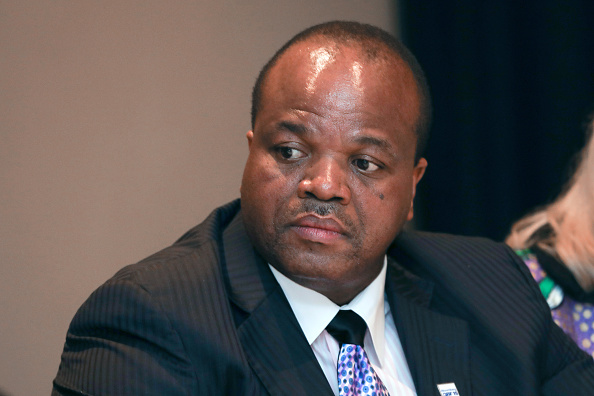Johannesburg – President Cyril Ramaphosa said on Tuesday that Eswatini has committed to launching a forum for dialogue between the kingdom’s rulers and anti-monarchy activists following a deadly crackdown on protests.
Ramaphosa made the announcement after meeting with King Mswati III, the ruler of Africa’s last absolute monarchy, during a trip to his palace in Eswatini.
Dozens of people have been killed and hundreds injured since pro-democracy demonstrations first erupted in June, in the worst unrest to hit the usually peaceful former British colony.
The meeting between Ramaphosa and the king “resolved that the Kingdom of Eswatini will embark on a process that will work towards the establishment of a national dialogue forum,” Pretoria said in a statement.
ALSO READ | HRW calls for probe into Eswatini protest deaths
Preparations for the dialogue will take place over the next three months, “a period during which his majesty will undertake his annual, mandatory” retreat, the statement said.
Human Rights Watch had earlier on Tuesday called for an independent probe into the crackdown on the demonstrations.
Forty-six people were killed in June while at least 245 others suffered gunshot wounds, HRW said, citing a recent report by a local rights group.
Surviving victims said they were shot by the military, added the HRW.
Police had said 37 people were killed, most of them during the June protests.
“The Eswatini government should urgently agree to an independent, international investigation into all of the killings and any other human rights violations resulting from excessive use of force,” said Dewa Mavhinga, the HRW’s Southern Africa director.
ALSO READ | Discontent simmers after Eswatini monarchy bans protests
The UN human rights office had in July pointed to allegations of “disproportionate and unnecessary use of force, harassment and intimidation” by security forces sent in to quell the June protests.
The king of the country formerly known as Swaziland told mediators sent by Ramaphosa last month that he was open to dialogue with the pro-democracy activists.
Eswatini Deputy Prime Minister Themba Masuku told AFP last week that the monarchy needed to make reforms in the wake of protests.
“I would agree with those who say we need to have some change… because these are the 2000s, it’s not the 1910s,” he said.
Ramaphosa’s visit was on behalf of the Southern African Development Community (SADC) regional bloc.
Follow African Insider on Facebook, Twitter and Instagram
Picture: Getty Images
Source: AFP
For more African news, visit Africaninsider.com


